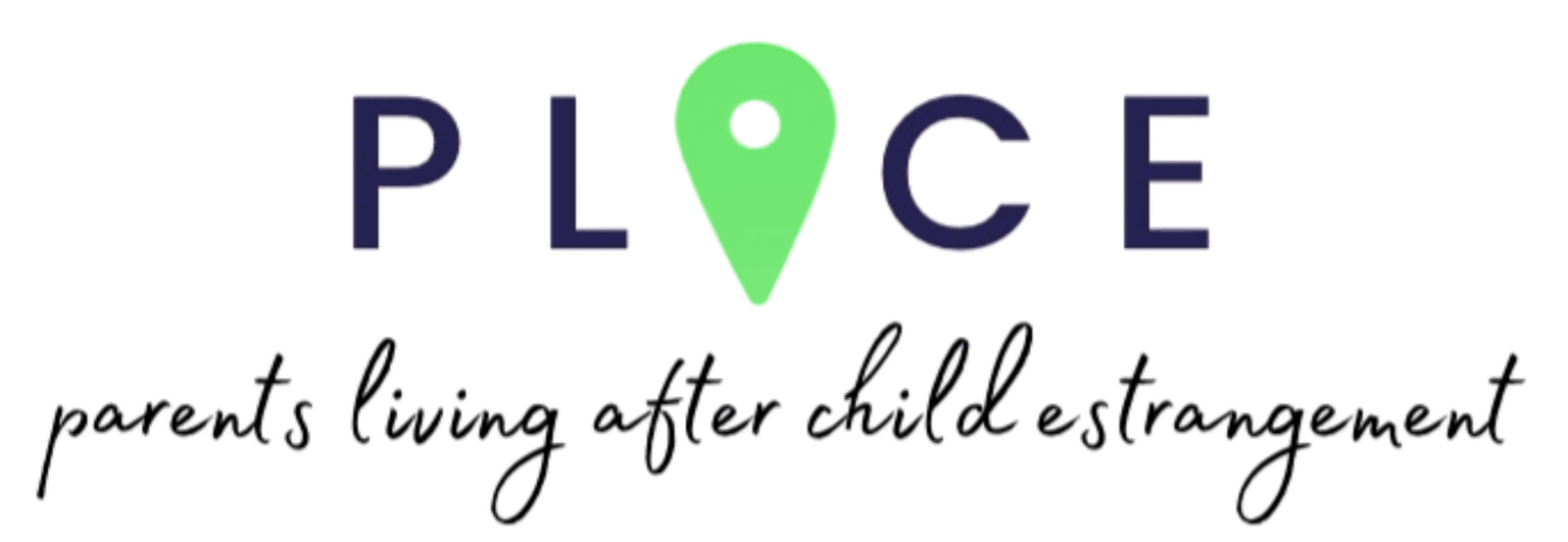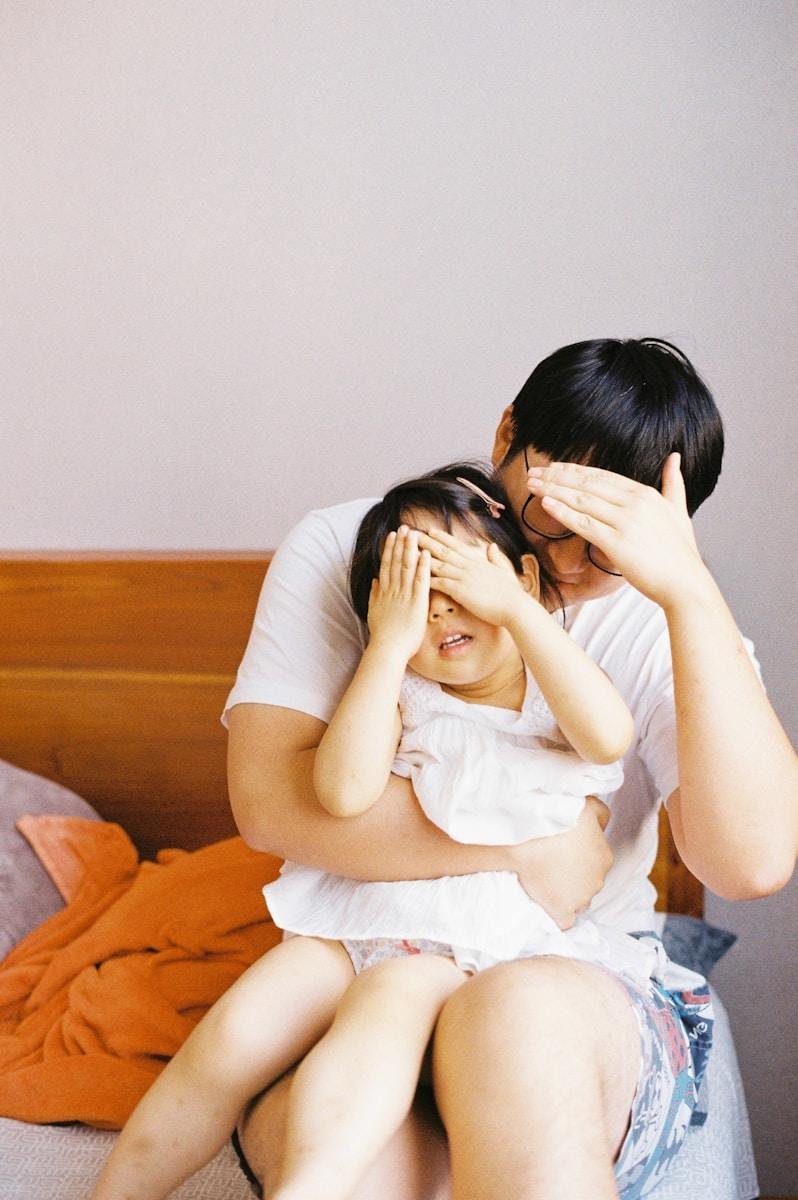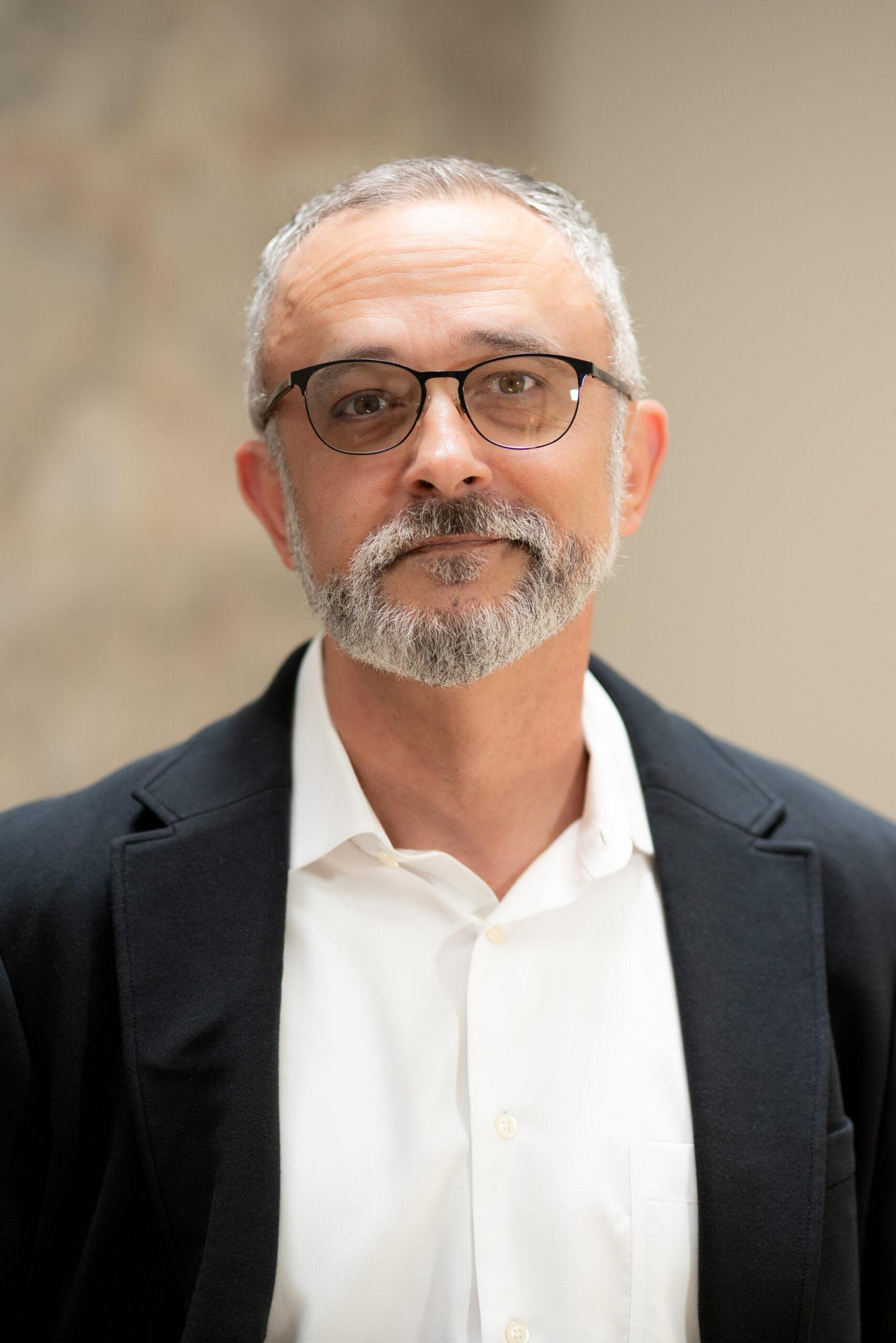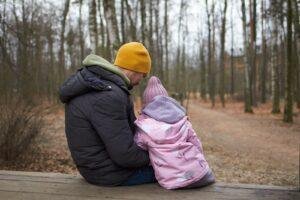Hi, I’m Brian Briscoe.
If you’re reading this, you might be a mother or father struggling with one of the deepest pains a parent can experience: estrangement from your child.
You’re not alone.
And you’re not broken.
But you may be heartbroken. Confused. Numb. Angry. Or all of the above.
Parental estrangement is one of the most isolating experiences imaginable—especially because no one prepares you for it. It cuts deeper than most grief, and yet it’s often suffered in silence.
That silence is why I started PLACE (Parents Living After Child Estrangement)—and why support groups for estranged parents, especially mothers and fathers, are so essential. Not just helpful. Not just “nice.” Essential.
Because no parent should carry this weight alone.
Why Support Groups Matter So Much
If you’ve been estranged by your adult child, you’ve likely already heard it all:
- “They’ll come around.”
- “You must have done something wrong.”
- “Just let it go.”
- “Focus on your other kids.”
- “Try apologizing more.”
None of those comments help.
In fact, they often deepen your shame and push you further into silence.
That’s where support groups come in. A real support group for estranged mothers and fathers offers you something different:
- Validation of your pain
- Community of people who get it
- Tools for healing and boundaries
- Hope that isn’t toxic positivity
- Freedom to feel what you feel without judgment
At PLACE, we’ve seen hundreds of parents walk into our virtual support groups feeling crushed—and walk out knowing they’re not alone, not crazy, and not beyond repair.
What a Support Group Is (and Isn’t)
Let’s be clear about what a healthy support group is and is not.
✅ A Good Support Group IS:
- Confidential and emotionally safe
- Led with empathy and intention
- Open to sharing, but never forced
- Grounded in healing, not blame
- Focused on growth and empowerment
❌ A Good Support Group IS NOT:
- A place to bash your child
- A place to wallow endlessly without support
- A space where you’re judged for your story
- A therapy session (though it may feel therapeutic)
Support groups aren’t about fixing or being fixed. They’re about connection, reflection, and growth.
Unique Struggles of Estranged Mothers and Fathers
🤍 Estranged Mothers
Mothers are often expected to be emotional anchors—nurturing, selfless, and endlessly forgiving. When estrangement happens, it can feel like a moral failure, not just a relational one.
Mothers may wrestle with:
- Crippling guilt, whether warranted or not
- The loss of identity as a caregiver
- Societal shame for “losing” their child
- Rumination: “I should’ve done more,” “Was I a bad mom?”
- Complicated feelings about daughter vs. son estrangement
The world rarely gives mothers permission to say, “This hurts and I don’t know how to go on.” But a support group does.
🖤 Estranged Fathers
Fathers are often told to suck it up, move on, and be strong. But estrangement shatters even the strongest defenses.
Fathers may struggle with:
- Emotional repression and isolation
- Fewer social outlets for discussing pain
- Assumptions they were distant, harsh, or absent
- Deep regret without the tools to process it
- Feeling excluded if the child sides with the other parent
Men are hurting, too—and they deserve spaces to be honest, soft, and seen. That’s what support groups offer.
How Support Groups Help Estranged Parents Reclaim Themselves
Estrangement often feels like your life has been split into two: Before and After.
Support groups help you build a bridge between the two.
🌱 They help you grieve without shame.
You’re allowed to mourn your child, your dreams, your identity. You’re allowed to cry, yell, go numb, or do all three in one day. Grief needs a container—and support groups can be that container.
🌱 They help you reflect without self-destruction.
Yes, it’s important to explore your role in the estrangement—but not through self-blame spirals. Groups offer feedback and insights that are compassionate, not condemning.
🌱 They help you build boundaries that protect your peace.
Many parents either swing to extremes (begging endlessly or cutting off completely) because they don’t know what else to do. Support groups offer language, examples, and encouragement to find your own flexible, healthy boundaries.
🌱 They help you connect with people who truly “get it.”
You’ll meet others who’ve been ghosted, blocked, attacked, or gently let go. People who’ve reconnected—and those who haven’t. You’ll see that your story is unique, but not isolating.
What to Expect from PLACE’s Support Groups
At PLACE, our support groups are rooted in compassion, structure, and flexibility. Here’s what you can expect:
- Three weekly virtual group sessions (you can attend as often as you like)
- Led by Brian Briscoe, licensed counselor and founder of PLACE
- Groups are confidential, no recordings, no judgment
- You can share or just listen—your level of participation is always your choice
- You’ll receive support, not solutions
- You’ll gain tools for emotional regulation, communication, and resilience
- You’ll be in community with mothers and fathers at all stages of estrangement
PLACE is a judgment-free zone. We don’t label you. We don’t label your child. We just help you find your way forward.
Common Questions About Support Groups for Estranged Parents
❓ “What if I’m not ready to talk?”
That’s okay. Many parents join our groups and don’t speak for the first few sessions. Listening is powerful, too.
❓ “Is this a therapy group?”
Not exactly. PLACE support groups are peer-based and community-led, not formal therapy. But they are therapeutic, and many parents find they complement individual counseling beautifully.
❓ “Do I have to share my whole story?”
Only what you’re comfortable with. You don’t need to relive trauma or go into detail to benefit from the group.
❓ “Are the groups only for moms or only for dads?”
PLACE groups are inclusive of all estranged parents. We recognize the unique struggles of mothers, fathers, stepparents, and caregivers—and we welcome them all.
What Real Parents Are Saying About PLACE Support Groups
“For the first time, I don’t feel like a monster.”
—Mother of two, estranged for 5 years
“I stopped drinking the day I joined the group. I realized I wasn’t alone, and that changed everything.”
—Father, estranged from daughter
“The group helped me write a letter to my son that didn’t come from fear, but from love and boundaries. He hasn’t replied yet—but I feel at peace.”
—Mother, newly estranged
These aren’t just “feel-good” quotes. These are real transformations. This is what happens when people are seen.
Healing Starts with Connection
Whether your estrangement is new or decades old, whether it’s quiet or explosive, whether you want reconciliation or not—you deserve support.
You don’t have to be “over it.”
You don’t have to be okay.
You just have to show up—as you are.
PLACE’s support groups are open, ongoing, and here when you’re ready.
Let’s take that next step together.
You’re not alone.—Brian Briscoe
Founder, PLACE








